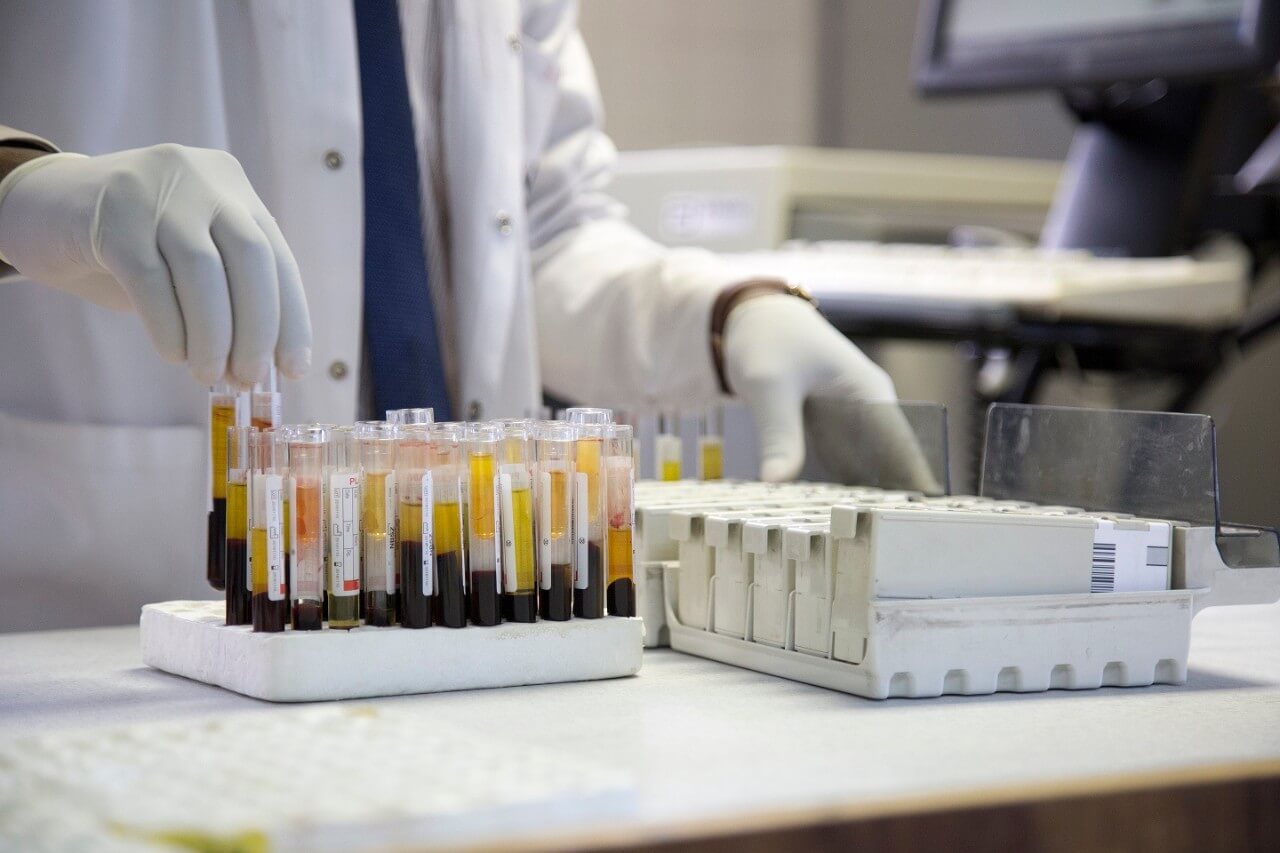
Water Conservation: 7 Simple Ways to Save Water at Home and in Your Business
Water is one of our most precious resources, yet it is often wasted without thought. ...

The United Nations Development Program (UNDP) is working with partners to support countries in ensuring continuity of HIV/AIDS services during the COVID-19 pandemic, through the Joint UN Program on HIV/AIDS, its partnership with the Global Fund, and as technical lead of the United Nations framework for the immediate social and economic response to COVID-19.
On the 2020 World AIDS Day under the theme of “global solidarity, shared responsibility,” the UNDP said it has supported 140 countries in securing supplies to ensure continuity of health services and provided dedicated support for the continuity and adaptation of HIV services in 55 countries, including ensuring continued access to HIV services.
Both HIV and COVID-19 are exposing and exacerbating inequalities. They show once again that good health is much more than simply who can see a doctor; how health is interlinked with equality, human rights, and social protection.
Just as the most marginalized and vulnerable bear a disproportionate burden of HIV, in almost every country COVID-19 has impacted poorer communities and the most vulnerable at much greater rates than those who can afford to quarantine. People living with HIV, women, children, key populations, migrants and refugees are amongst those most likely to suffer devastating consequences.
“Despite some remarkable progress in the AIDS response, before the COVID-19 pandemic, we were not on track to reach the global AIDS targets that were agreed by Member States in 2016. COVID-19 is now threatening to reverse this hard-won progress. The 2020 UNAIDS World AIDS Day report shows that treatment scale-up has slowed and estimates that COVID-related disruptions could still cause an additional 123,000 to 293,000 HIV infections and 69,000 to 148,000 AIDS-related deaths. We need to act urgently to protect gains and scale-up efforts to end AIDS as a public health threat by 2030,” UNDP said.
“To do this we need to ‘connect the dots’ between HIV and COVID-19 responses. The AIDS movement, led by people living with HIV and their allies, has driven one of the most extraordinary global public health responses in history. We have learned from HIV about the importance of equitable access, innovation and the need to focus on those left behind and reaching those left furthest behind. We must apply these lessons in our efforts to tackle COVID-19. Similarly, we need to capitalize on the innovations driven by the COVID-19 crisis and ensure that HIV responses remain resilient in the face of other future pandemics and health threats.”
“In confronting both pandemics, we have a unique opportunity. As we have seen this year, when faced with a crisis, governments, scientists, and communities are capable of amazing things. To build forward better from COVID-19, we need a systems approach driven by equity and sustainability. We should meet the moment to turn the crisis into a tipping point for universal health coverage. We need to scale up HIV and basic services while at the same time advancing gender equality and reforming laws and policies that increase risk and stigma and drive infections and disempowerment.”
The UNDP is calling for a re-think of human development, with the Sustainable Development Goals and the pledge to leave no one behind. At a time when COVID-19 dominates every discourse, “we must reinvigorate our efforts to end AIDS as a public health threat by 2030 – an SDG target which is still within our reach with renewed political will, global solidarity and shared responsibility.”
اترك تعليقا